A new study published in Forensic Science International reveals that while alcohol and benzodiazepines have a clear and significant impact on driver impairment as their blood concentrations rise, the effects of THC are much less consistent and harder to predict, calling into question per se THC driving limits.

The research, which examined over 15,000 cases of impaired driving, highlights the complexity of assessing impairment from different substances, with alcohol and benzodiazepines showing a strong correlation between concentration and impairment, unlike THC and amphetamines.
The study aimed to determine how blood concentrations of ethanol, benzodiazepines, amphetamines, and tetrahydrocannabinol (THC) correlate with the severity of driver impairment, as measured by a Clinical Test of Impairment (CTI). Researchers utilized data from a national database, analyzing 15,514 individual mono-drug cases collected over nine years. The study population was predominantly male, with a median age of 34 years. In addition to these cases, 3,684 drug-free drivers with similar age and gender distribution were included as a reference group.
Continue reading


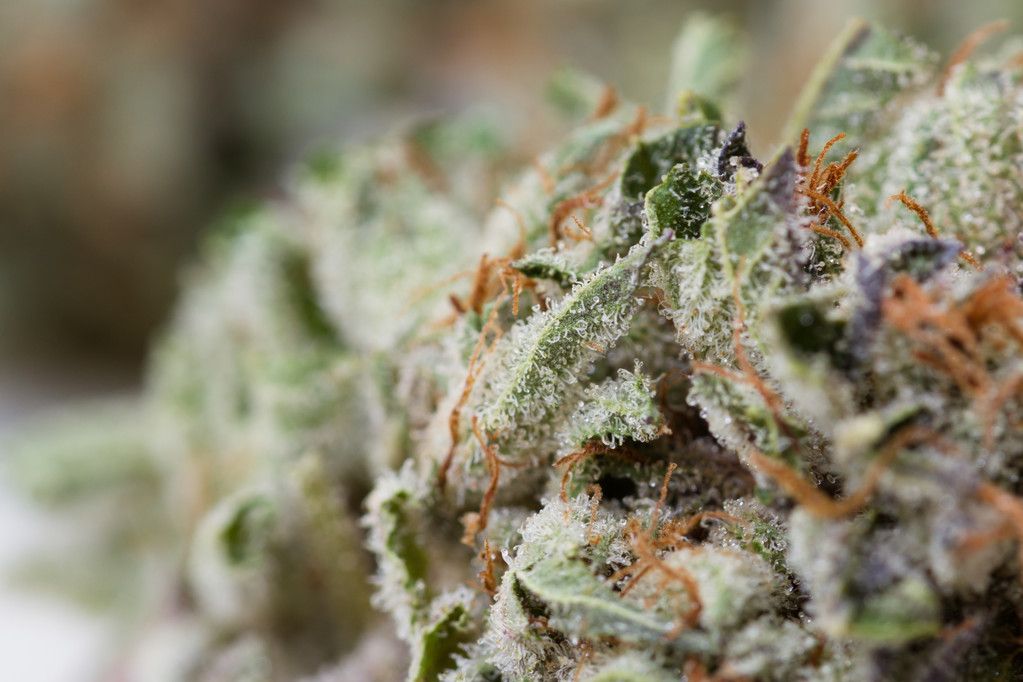
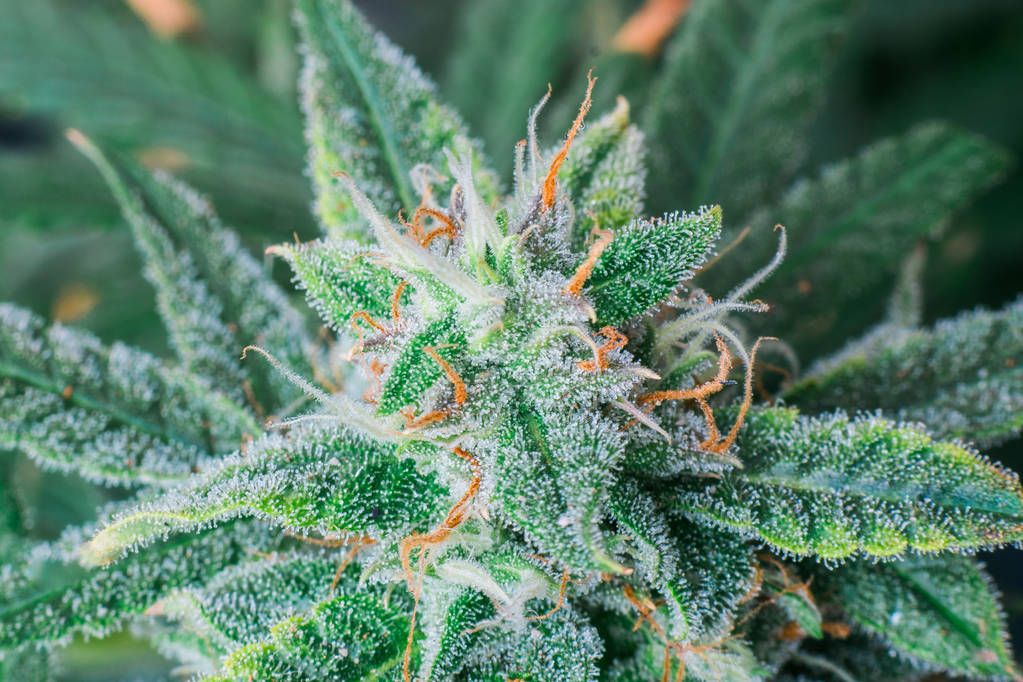
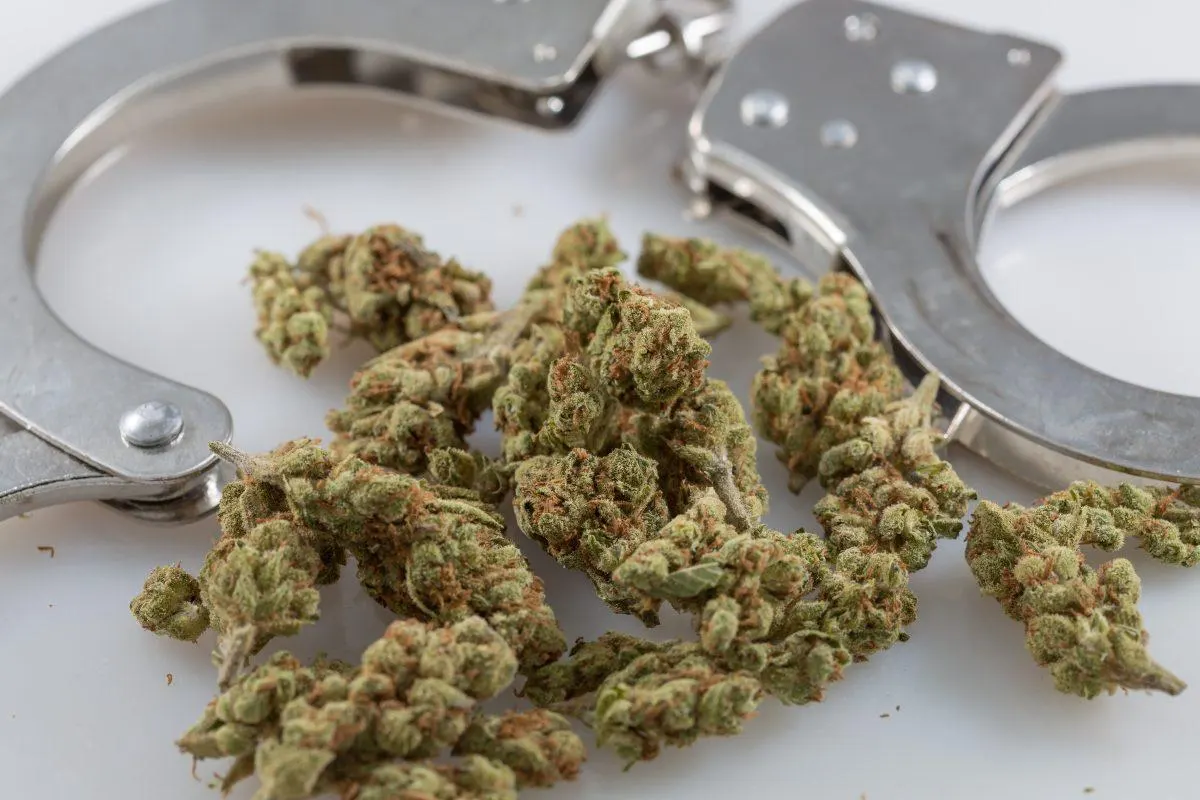

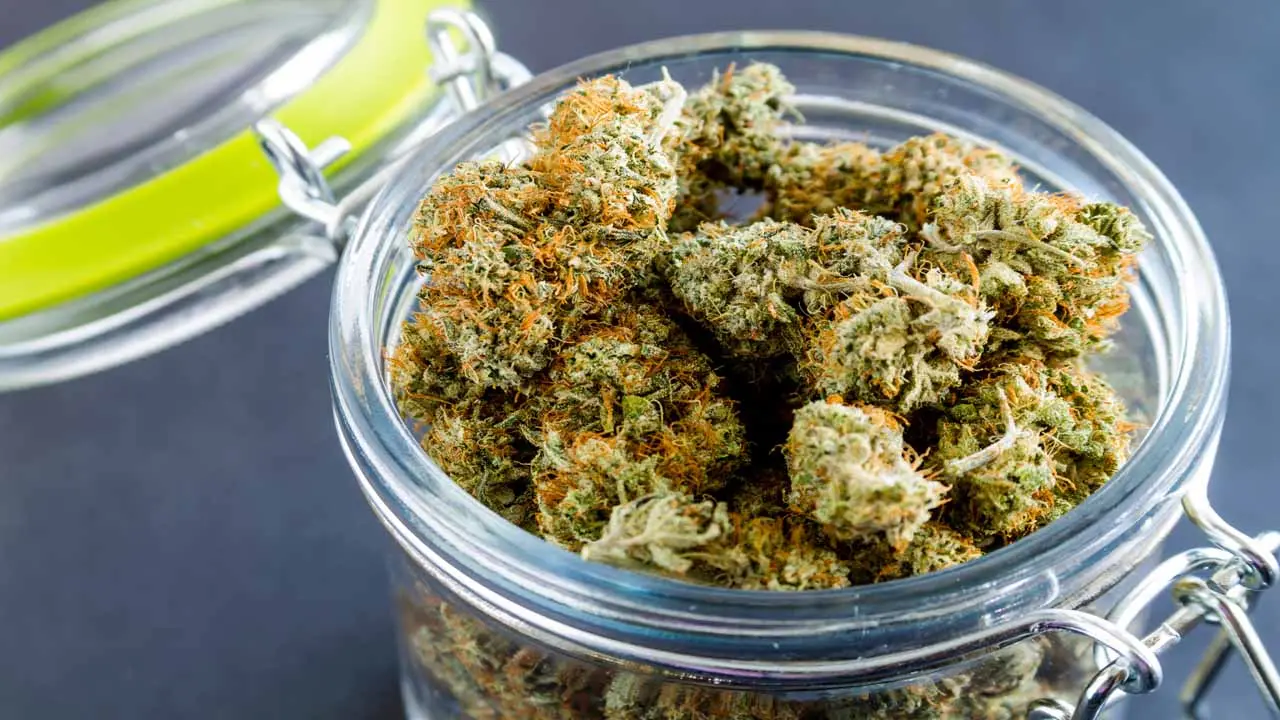

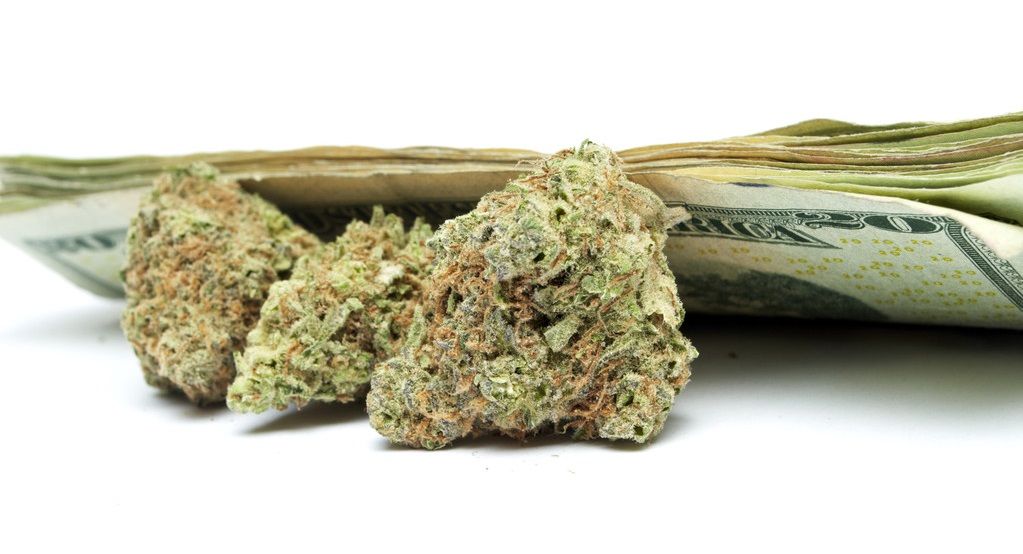 Oregon was the third state to legalize recreational marijuana in 2014, following Colorado and Washington’s lead in 2012. Due to bureaucratic delays, the first licensed marijuana store didn’t open until October, 2016.
Oregon was the third state to legalize recreational marijuana in 2014, following Colorado and Washington’s lead in 2012. Due to bureaucratic delays, the first licensed marijuana store didn’t open until October, 2016.
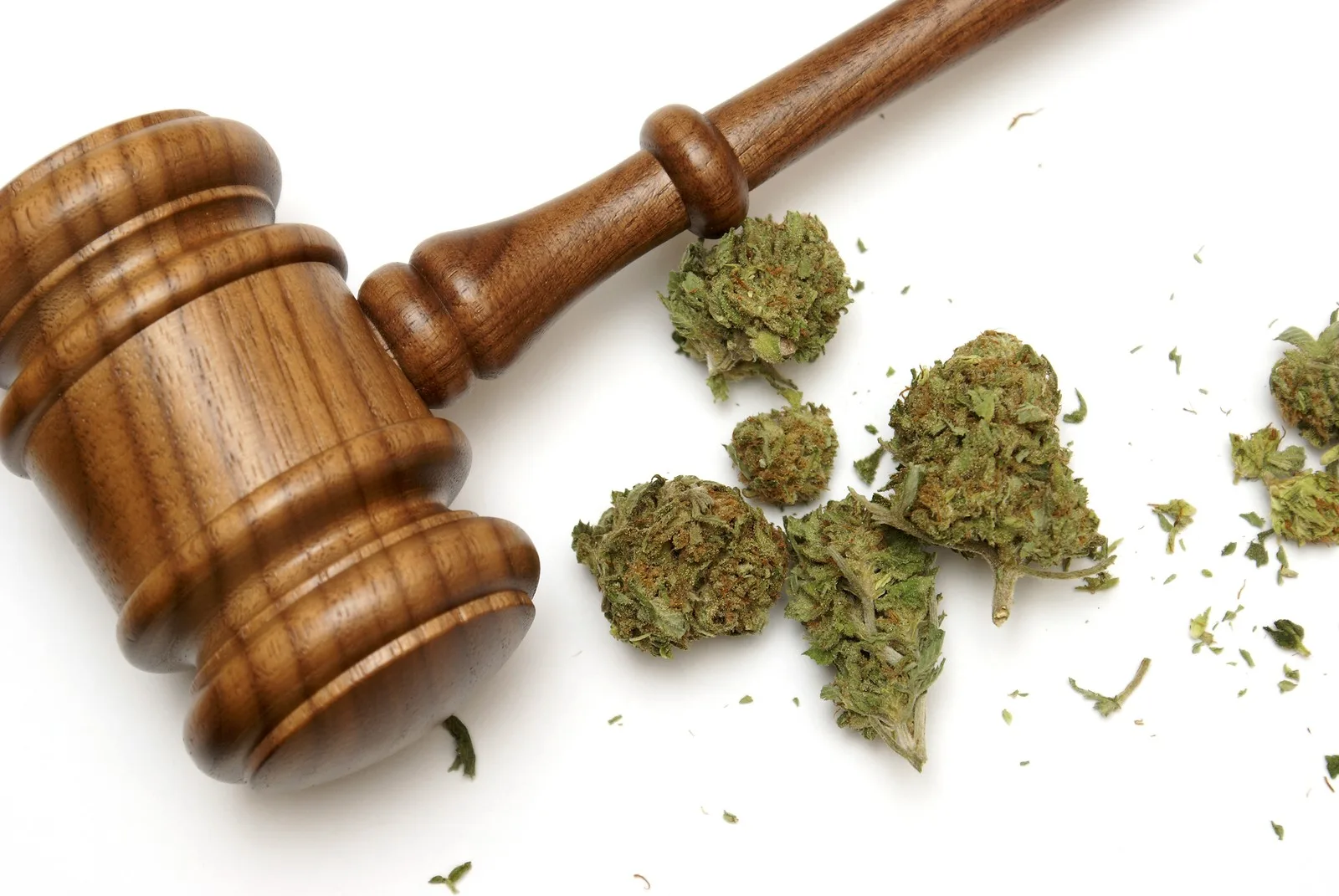 The Western District of the Missouri Court of Appeals ruled that convictions for THC possession must be expunged, following an amendment to the Missouri Constitution passed by voters in November 2022.
The Western District of the Missouri Court of Appeals ruled that convictions for THC possession must be expunged, following an amendment to the Missouri Constitution passed by voters in November 2022.



